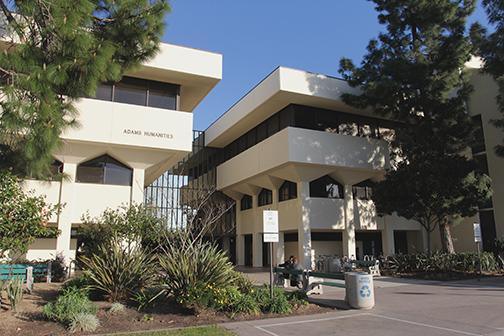Recently, there’s been a surge of statistics and reports suggesting that undergraduate enrollment in the humanities is spiraling into extinction. This is debatable. According to The Digest of Education Statistics, humanities majors accounted for 17 percent of all bachelor’s degrees in 1970, and for 17 percent again in 2010. According to an article in The Chronicle particularly concerning English majors, there was an incremental decrease from 1991 to 2011 among 21-year-olds who graduated with a bachelor’s degree in English, dropping from 1.3 percent to 1.1 percent. This is still an increase from 1981 when the number was 0.7 percent. What these statistics show is that our fear of a college campus, or a society, void of humanities majors is ill-founded.
The case has been made time and again for why students shouldn’t discredit humanities majors as useless in the professional world, but reducing the humanities to a means toward a successful career isn’t enough. Our society finds it easy to see the value of degrees in math, sciences and business, but humanities tend to relate more ambiguously to careers outside of academia. We must have a broader perspective.
We lived through the technological revolution that replaced countless people’s jobs with computers, and we know the capabilities of these machines. What humanities majors bring to the workplace are the skills and perspectives that computers lack, such as the ability to create, to contemplate and to connect with other people. To major in the humanities is only to hone and refine these qualities. This is a good enough reason for some to choose a humanities major, but I believe there is something more that drives the rest of us.
The majority of humanities majors study what they do because they are led by a more instinctual feeling. The same feeling that inspired prehistoric man to color the stone walls of his cave with drawings. Living things have no need for art, but humans do. We are conscious creatures who experience everything happening around us—time, life and death. This consciousness drives us to assign meaning to our existence in the hope that meaning will immortalize our selves. The humanities gives us this larger-than-life meaning.
When asked why he chose to major in the humanities, English junior Daniel Gerardi said other majors “felt too narrow to fully satisfy my interests” and he “wanted to better understand the world and (his) place in it.” Students such as Gerardi see a larger purpose for learning, one that isn’t narrowly defined by career expectations, but which gives his life meaning by appealing to a consciousness transcending the limitations of the human body. This meaning is manifested and discussed in literature, philosophy, the arts and the study of people and civilizations. It is an instinct that has propelled the study and practice of humanitarian arts. The humanities won’t be obsolete as long as human nature doesn’t change.
As an English major, I often struggle with making a decision as to what I want to do after I graduate. While this is a stressful position to be in, as many readers may know, I find comfort knowing that at such a young age I haven’t yet begun to narrow my possibilities with a more specialized degree. I find that to study the humanities is to take a step towards immortality by participating in something timeless; it will never disappear from academic institutions and it will always give students skills that are relevant in this human world.







